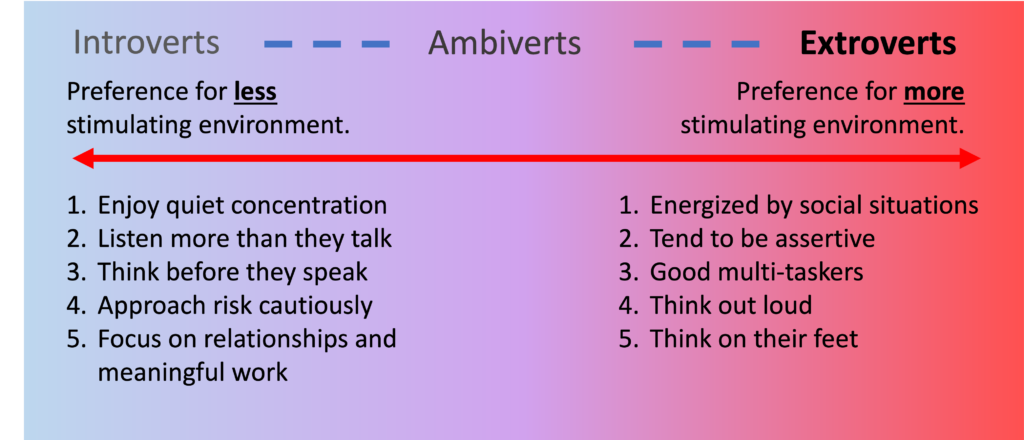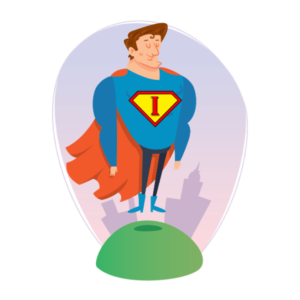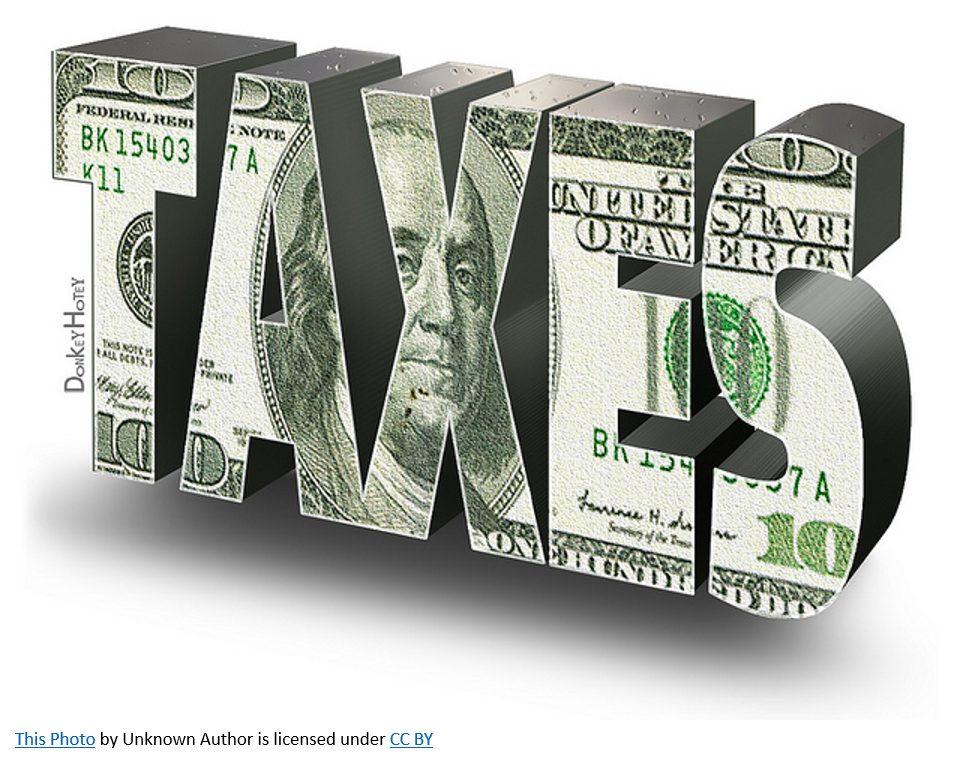Did you know that we introverts have our own week we celebrate introversion every year? Well, I don’t know how much anyone actually celebrates it, only because it’s not a very well-known thing. However, in 2025, March 17th through 23rd is National Introverts Week, according to NationalToday.com. Other websites cite January 2nd as World Introvert Day, but since I noticed this today, I think it’s a great time to talk about introversion and how it can be a superpower.
Some of the characteristics of introverts make it obvious how introversion can be a powerful asset in accounting and finance, including:
- Deep analytical thinking
- Careful attention to detail
- Thoughtful problem-solving
- Strategic planning
Sound familiar? These are natural strengths for many introverts. While we often hear about the importance of being outgoing in business, the quiet power of introversion deserves an occasional shout-out, and this week is that occasion.
Understanding the Spectrum
Introversion is pretty misunderstood by most people. At least, that has been my lived experience as an introvert. I was once so shy and introverted that I would get facial ticks when I had to speak in front of groups or even when talking to somebody one-on-one in high-stress situations. However, shyness and introversion are two very different things.
I am much less shy and introverted than I used to be, even though most people become more introverted as they age. That’s because I have put time into becoming more “situationally extroverted.” In other words, I have improved at acting extroverted when it helps me reach a goal, like being a great meeting participant (not a wallflower who never gives input or shares ideas) or making friends.

Introversion is about what gives and takes energy
I have a bunch of food allergies, which sucks because I love food. A couple of things I’m allergic to are wheat and dairy. But, holy crap, do I love pizza. What’s a guy to do when he’s allergic to a food he loves? If I eat pizza, the dairy in the cheese and the wheat in the crust will irritate my allergies. My sinuses will get all swollen, and I’ll itch all over. But I love pizza. Socializing is sometimes like me eating pizza. I might love socializing and then have to pay a price, but it is worth it. I’ll eat the pizza and deal with the consequences because I love pizza, and the same goes for socializing. Socializing doesn’t affect my sinuses or make me itch, but it drains my energy. So, I socialize and then take some quiet time to recharge afterward. After pizza, I take some allergy meds and recover.
Introversion is Not Shyness
Let’s clear up the shyness/introversion confusion. Shyness is about fear of social judgments. Introversion isn’t shyness. Introversion is about where you get your energy and how you process information. Introverts are naturally more sensitive to stimulation. That’s why their energy is drained by socializing. It does NOT mean they don’t like socializing. It means they pay a cost for it. Let me use an analogy that most people get right away.
Introverts Recharge Through Quiet Reflection
- They think deeply before speaking
- They excel at focused, detailed work
- They prefer meaningful one-on-one conversations
Do you see why I say introversion can be a superpower? Suppose you’re an accounting or finance professional. In that case, these characteristics are excellent for most of your job. Still, learning to be more extroverted is also okay if you feel it will benefit you. I’m not advocating that you HAVE TO become more extroverted. You totally can if you want to. I did.
So, let’s look at some actionable ways to make introversion work for you. Here are practical ways to leverage introvert strengths:
Use your listening skills
- Take detailed notes in meetings
- Pick up on subtle business trends
- Really hear what stakeholders need
Harness your focus
- Dive deep into complex analysis
- Create thorough, well-researched reports
- Find patterns others might miss
Communicate thoughtfully
- Prepare clear, written summaries
- Have focused one-on-one discussions
- Give yourself time to process before responding
The Bottom Line
Being an introvert in finance and accounting isn’t a weakness – it’s often a superpower. Your natural abilities to think deeply, work independently, and communicate thoughtfully are valuable assets.
During National Introverts Week, let’s celebrate these strengths and find ways to use them even better in our work.
What quietly powerful contributions will you make this week?







